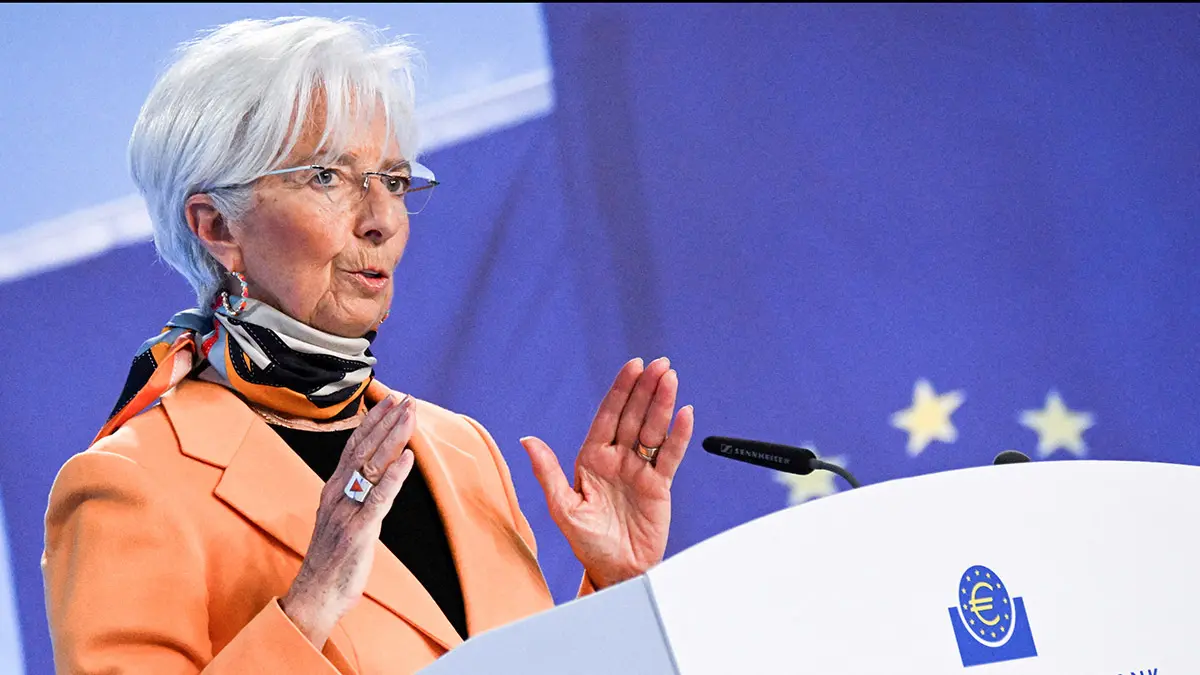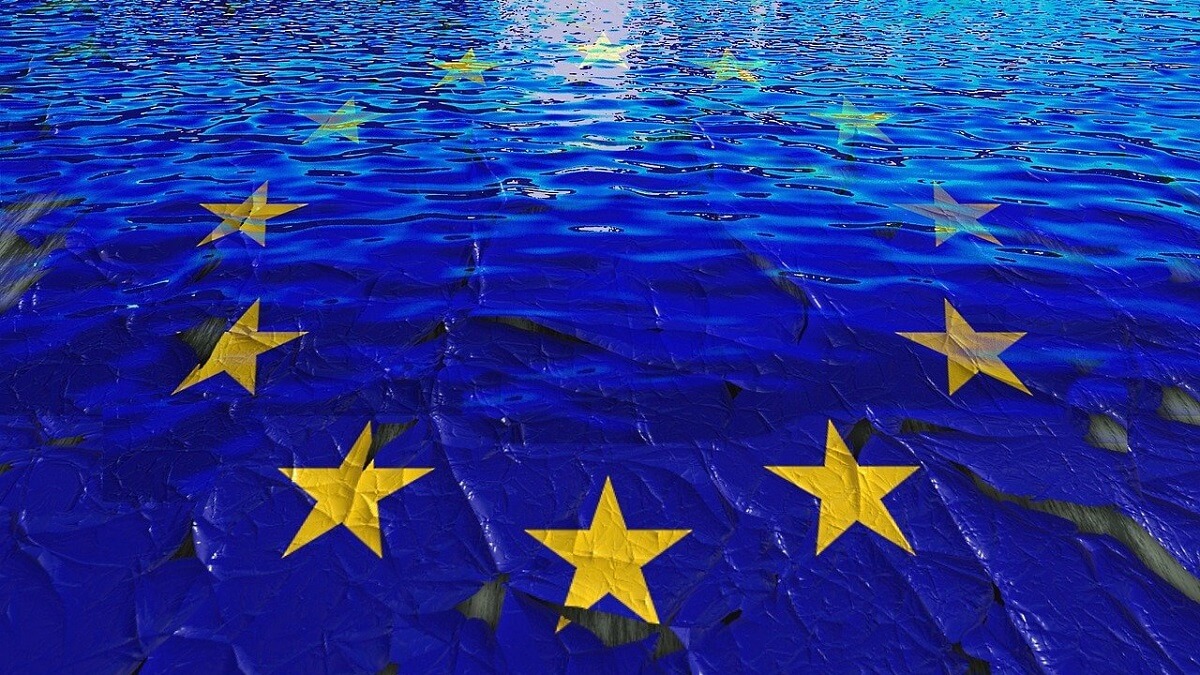The official European cryptocurrency could be launched in 2026

The governor of the Bank of France, François Villeroy de Galhau, announced during the Paris Financial Forum that the first digital currency transactions between financial institutions will take place in 2026.
According to him, the new tokens that have been in development since November 2023 ‘will constitute a secure and liquid settlement asset for financial actors.’
The purpose of the digital euro is not to replace the conventional euro, as it is intended to be used in parallel. According to Banco Santander, it is basically electronic cash.
Rather, with the rise of online shopping, the aim, according to the official report on the digital euro, is to reduce Europe's dependence on digital wallets outside the continent. Payment services will be able to create new euro-based methods and competition will grow.
The European Central Bank (ECB) explained that ‘the digital euro would be an electronic means of payment available to everyone free of charge. Like cash today, it could be used anywhere in the euro area and would offer security and privacy.’

Unlike conventional cryptocurrencies, this currency will be subject to banking regulations. In addition, it will be backed by the ECB itself, which decides on the issuance of this currency.
The biggest advantage it offers is security, which does not normally exist in the cryptocurrency market. In the event of theft or fraud, those affected will be compensated for their losses.
IE Business School professor Enrique Dans explained that the European digital currency will make payments taxable, meaning that, for example, there will be euros that expire to manage inflation.
Initially, EU citizens would pay for anything online or in physical stores by creating a digital wallet through a bank or post office. They would then use their money to top it up and use their mobile phone or physical card.
‘To ensure financial inclusion, the Digital Euro must be accessible to all EU citizens, including those living in remote areas and those who are digitally disadvantaged,’ said MEP Markus Ferber. For this reason, they also plan to develop an offline version that would serve those with network connection problems.
The biggest problem is that almost the entire cryptocurrency market is backed by the US dollar. Another of the EU's goals is therefore to compete against foreign currencies and slow down de-Europeanisation.
Piero Cipollone, a member of the ECB's executive committee, insisted time and again that European autonomy in digital payments depends on creating the digital euro. He also argued that it is necessary because it would protect European merchants from US policies and foreign suppliers.
‘The ECB's concern about the decline in cash use and the rise of other types of money and assets is clear,’ El Economista reported.
Despite Villeroy de Galhau's announcement, the official report on the digital euro stated that the decision on the next step in the project will be made by the European Governing Council in late 2025, once the legislative framework is in place.










